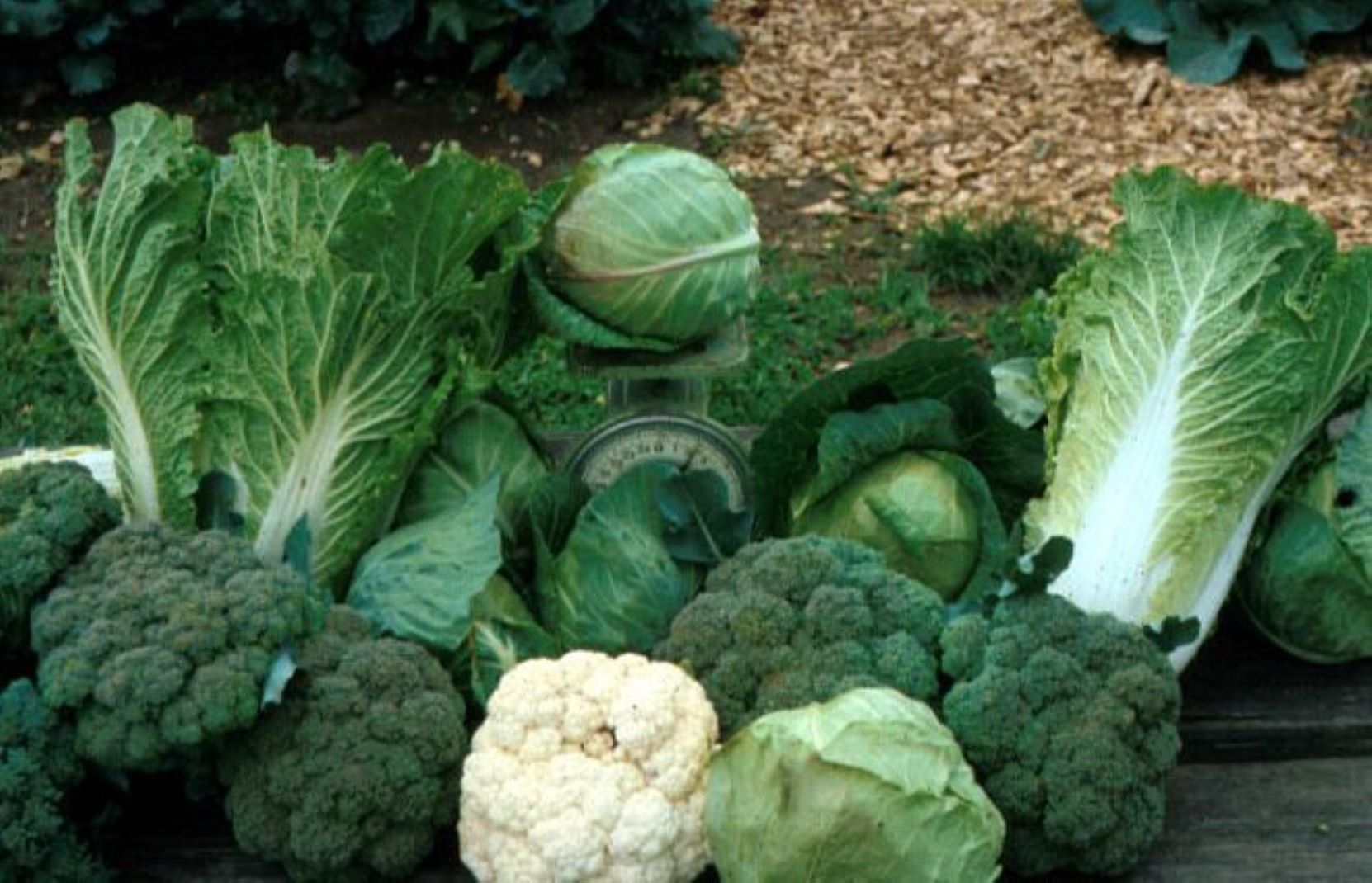Preventing Bolting

With the growing season nearly here, you may wonder what you can start growing immediately in your vegetable garden. While there’s still a bit of time to wait before your fruiting vegetables like tomatoes and peppers can be planted, cool season crops such as lettuce, broccoli, spinach, cabbage, radish, beets, and carrots are first up for the planting and harvest. The soil is still cool, and the weather is (generally) moist, which makes early spring the time for these leafy greens and fleshy root crops to establish and thrive. Nevertheless, there are some limitations to having successful early-season vegetables.
While these crops are adapted to growing in cold soil, one factor they often do not appreciate is the quick onset of late spring heat. It is not uncommon in our area for spring days to quickly go from mild to scorching. How do spring crops react to this? In addition to the potential wilting and sun scorch, they are prone to bolt.
“Bolting” in a plant is when it begins flowering prematurely. This is undesirable because, after it occurs, the portions of the plants being consumed become bitter or woody. For spinach and lettuce especially, the bitterness will be nearly unpalatable. For this reason, methods of staving off bolting become crucial for having a successful crop.
A handful of techniques can help prevent bolting. When choosing the varieties of vegetables to grow in your garden, know that some are better performing than others in warm conditions. “Bolt resistance” may visibly be stated on the label. These are the best varieties to plant in the spring to counteract unpredictable temperatures.
Succession planting is when you stagger your planting dates so that not all crop plants are in the same growth stage at the same time –essentially having different “ages” of a crop in a garden. While the practice of this itself doesn’t prevent bolting, it does achieve having plants present that may handle bolting conditions better than others. Thus, you’re only losing a portion instead of an entire crop.
Transplanting instead of direct seeding is another method to help you stave off bolting, as the plants will be more mature when put in the ground. Ultimately, this can equate to the plants getting to their “harvest” stage before the heat makes them bolt.
Of course, there are also a couple of general gardening practices that can help to prevent bolting as well. Remember, bolting is caused by heat stress. Mitigating this stress will help prevent it.
Proper watering with a goal of moist but not saturated soil will help with the plants' temperature control. Mulching your garden beds with straw or some other form of organic matter will also help regulate soil temperature and will assist in keeping moisture in the ground longer. These tips followed, and the bitterness of your harvest will be held at bay.
Anthony Reardon, Horticulture - Small Farms agent, 2024
Return to Vegetables Agent Articles

Have questions? The Garden Hotline is staffed by trained EMG volunteers and Extension staff who will assist you with questions.
Phone: (913) 715-7050
Email: garden.help@jocogov.org